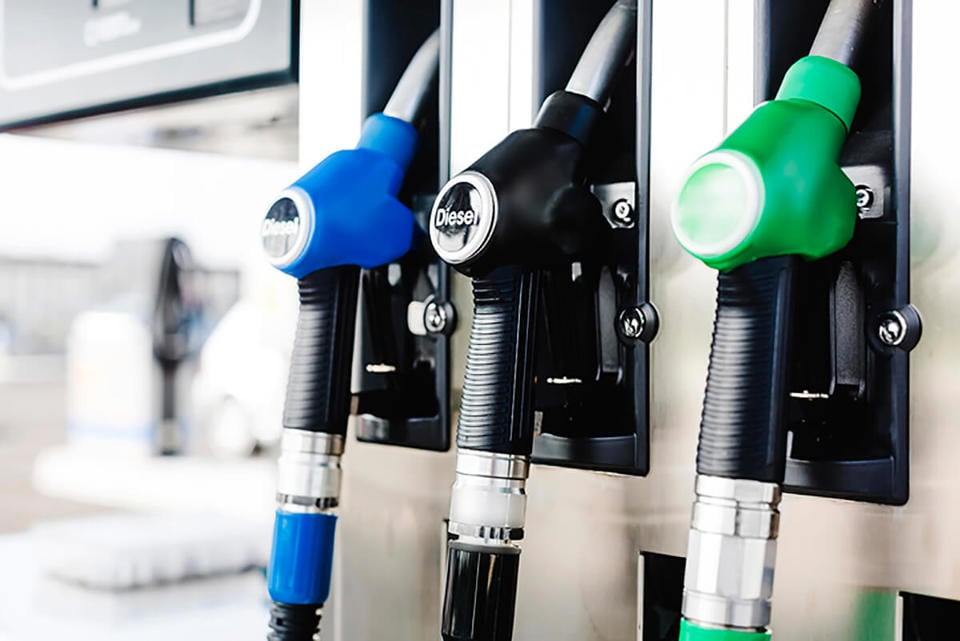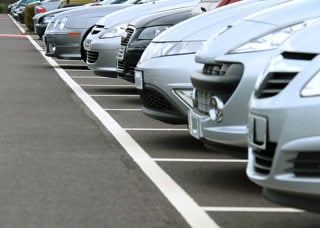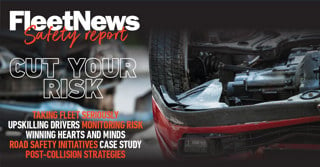Fleet managers have been advised they can ignore the latest Advisory Fuel Rates (AFR) after HMRC failed to raise the rates for drivers of sub-2.0-litre diesel vehicles.
Companies have traditionally based the rate at which they repay their drivers for fuel used on business trips using AFR. However these rates are only advisory and, provided companies keep accurate records they can repay drivers more without any tax implications for them or their employees.
ACFO said fleet managers should consider this option after HMRC went against all expectations and left the rate payable to drivers of diesel company cars with engines lower than 2-litres at 11p per mile – the same rate as this time last year.
Over the same 12-month period, the cost of diesel has rocketed by almost 20% from an average of 103.5p per litre to 122.9ppl.
“Our advice would be if you have proof that your drivers are out of pocket using these rates then I would urge you to keep proper records and make a case to HMRC to pay above them,” said ACFO chairman Julie Jenner. “These rates are after all only advisory.”
HMRC confirmed fleet managers can set their own rates.
“The AFRs are averages and it is always possible for employers to determine their own actual costs with greater accuracy,” said a spokesman. “The AFRs are for employers who cannot, or do not wish to, do that extra work.”
HMRC raised the rates for each category of petrol car by 1p per mile and by 2p per mile for diesel-powered cars with engines over 2-litres.
Yet it decided to keep the rates static for the critical sub-2-litre diesel car sector.
It said this is because updated data has increased the mpg for this group of car and that its rounding mechanism meant the rate should remain at 11p.
A spokesman said HMRC will not change the way it calculates the rate for diesel cars.
However, the decision has been criticised by ACFO.
“I am somewhat surpirsed they haven’t changed the rates for these diesel cars,” said Jenner. “We will be calling for an urgent meeting with HMRC to discuss the decision.”
HMRC said it will “not rule out” meeting with ACFO, but said it still believes AFR are fit for purpose or now is not the time for a new system.
The arguments for fleet managers to set their own rates are convincing.
The cost to a company that runs fuel-efficient cars but still uses AFR to repay its drivers will be massively out of pocket.
For example a Honda Civic with a 2.2-litre diesel engine returns a published figure of 55.4mpg and should cost a driver 10.13p per mile.
Under the AFR, the driver can claim 16p per mile, which means the company is over paying by 5.87p per mile. On a fleet of 100 Civics covering 1,000 miles each a month, the monthly excess cost to the company is £5,870 or £35,220 over the six-month life of the current AFR.
On the reverse, if a company sticks to the rates it means a driver covering 1,000 miles a month on business in a typical 1.9-litre diesel car, which averages 42mpg, will be £21 out of pocket every month.
If the same driver travels into urban areas or on journeys with frequent sop starts and fuel consumption drops to 38mpg, the cost to the driver would be £35 every month.
A backlash is expected when company drivers realise they will have to continue paying a proportion of their business fuel for a further six months, which effectively means they are subsidising their company in order to do their job.


















es - 10/06/2010 14:09
You are using two extremes here to be honest. No Civic Driver is getting 55mpg, i own and run one and with mostly motorway style driving i average 49mpg with a light foot. A Civic driver in town gets no more than 40mpg. Also, a typical 1.9 diesel driver should average more than 42mpg. Yes, it was a shock that this band of rates did not go up, but this is due to fleets changing over the the lastest fuel efficient vehicles like the Golf Bluemotion, as we have done. What the HMRC do lack is not widening the bands to cover different engine sizes.